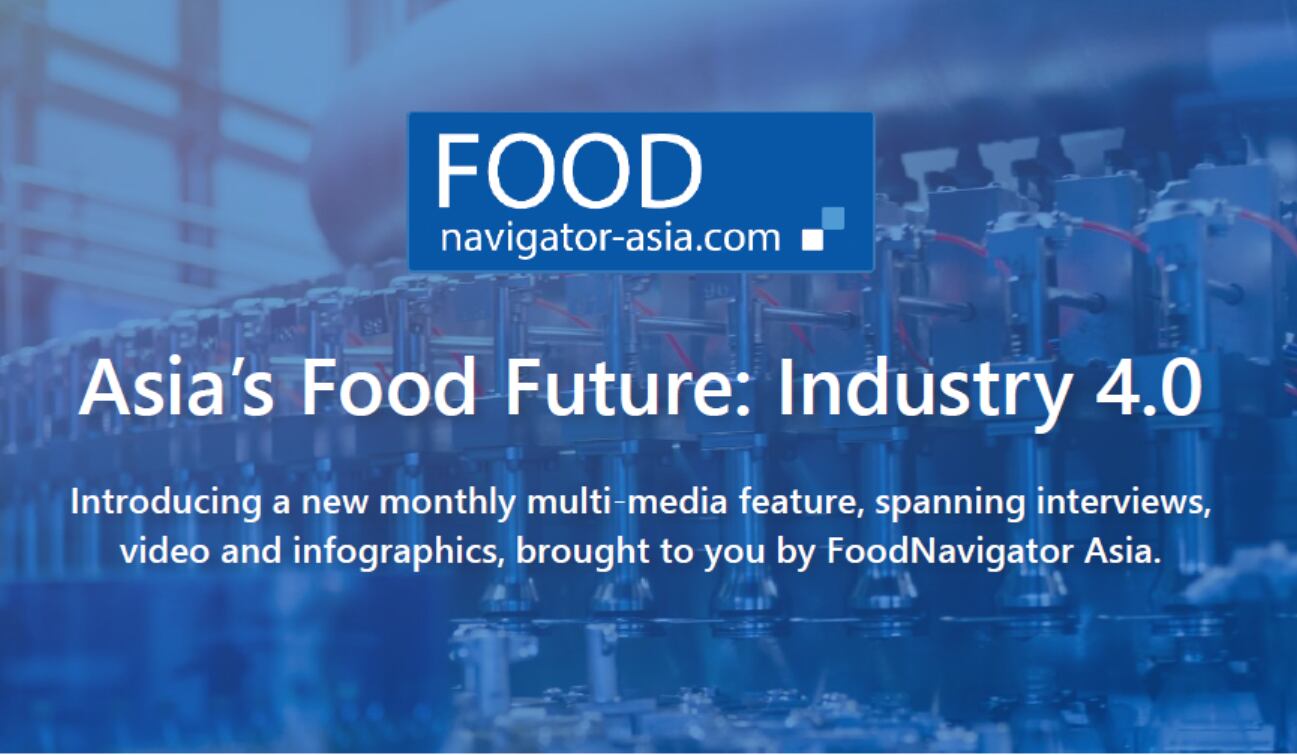The points were made during a panel discussion held at the recent Gulfood Manufacturing show.
Titled “Competing in a global market - Is your factory holding you back”, the panel discussion involved Amir Sotoudeh, MD of Multivac Middle East, David Beanland, MD (Middle East) at Schoeller Allibert International, Fahrettin Gunalp Ertik, VP of supply chain and manufacturing at Pladis Global, Hassan Bayrakdar, MD of Raqam Consultancy, and Rajnish Ohri, MD (IMEA) of Hain Celestial.
Mass product customisation and convenient packaging were some of the consumers’ demands raised during the panel.
“Consumers are expecting more than the last time. In the future, we will need mass customisation,” Fahrettin from Pladis Global – the parent company of famous confectionary brands Godiva and McVities said.
“The production innovation is thus important, it is not just about improving (product) innovation, but also enhancing the (production) capability."
“Listen to the market, follow the trend and you see all the market leaders move to the direction of listening to consumer habits and thinking of how to deliver the right product, the right portion size, the right package concept, and considering the reduction of waste,” Beanland advised.
Sotoudeh also emphasised the need to embrace change, citing the experience of a supermarket retail chain in Thailand in upgrading their transportation system.
“In Thailand Tesco Lotus, a large retailer, they were looking to improve efficiency by reducing the amount of handling for two key product lines, which are water and rice.”
However, as he went through the discussion with Tesco to help them improve their processes, he found that “in each particular area, nobody really wanted to make a change, because they say it’s not going to work because of this and because of that.”
“If you want something new, you have to change something old. It is absolutely true, you have to be prepared to go out of your comfort zone to consider new ways of doing things if you are going to progress and improve efficiency."
“If you don’t, then you run the risk of wasting your time and actually running out of business,” he cautioned.
Flexibility important
The rise of globalisation has led to business opportunities around the globe, but this may also stifle progression, due to the differences in regulatory standards across different countries.
Manufacturers, especially those operating in multiple areas, must thus adopt flexible arrangements in their factory production.
“With globalisation, we can find ways to reduce the cost, find places with low taxes, and find places with more resources, but it also poses a risk to the supply chain due to the differences in regulations,” Fahrettin said.
Bayrakdar concurred, pointing out that the absence of harmonisation in global regulatory system has posed some of the biggest challenge for manufacturers. Thus, “flexibility of production is important for global manufacturers,” he said.
Another speaker, Rajnish, also agreed to adopting flexible production processes.
“(For example), when we are producing powder, we want to reduce the amount of moisture by certain level. If it is not possible in the current line (due to regulatory issues), then we will need to be proactive."
“Knowing the regulations is key to success. It is not just about knowing the technical problems.”
The emergence of e-commerce delivery further challenges manufacturers to adopt flexible production arrangements.
“The speed of product delivery is important when providing e-commerce services. (In that case), do you have the flexibility to deliver consumer needs? If you do not follow the trends, then your factory is definitely holding you back,” Bayrakdar said.



